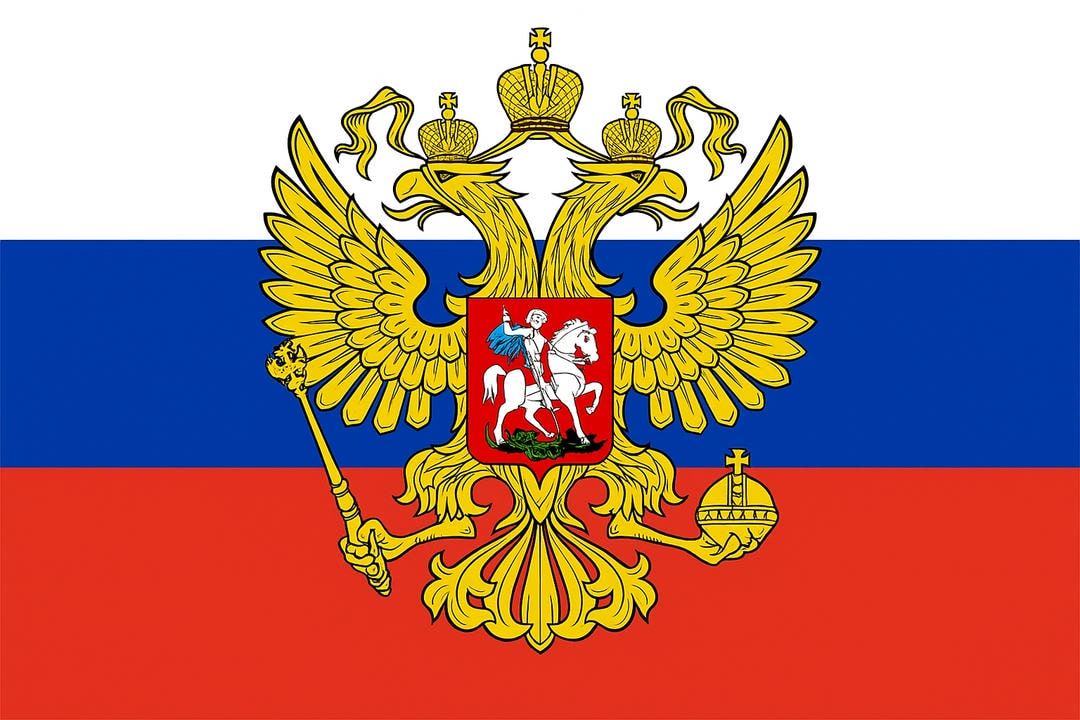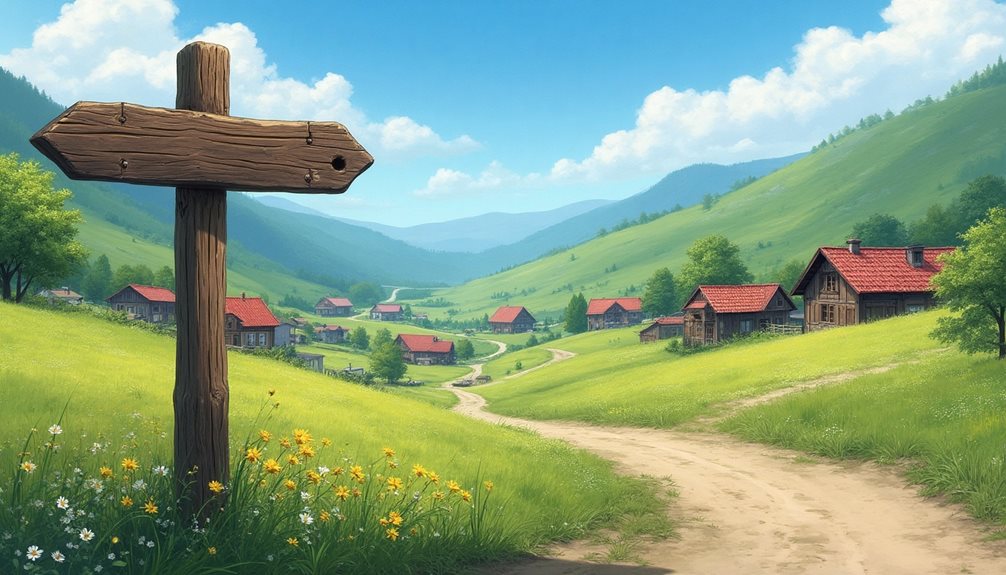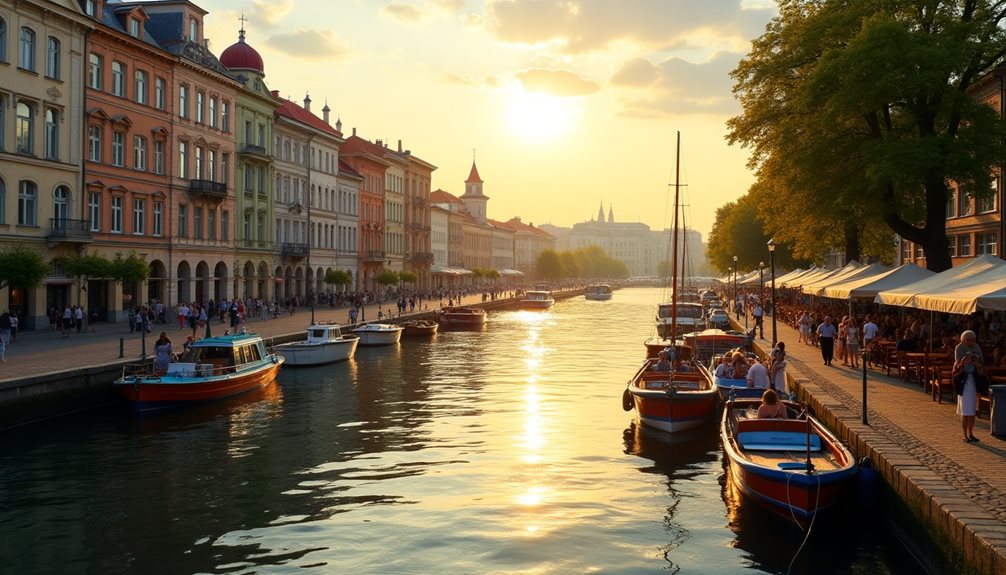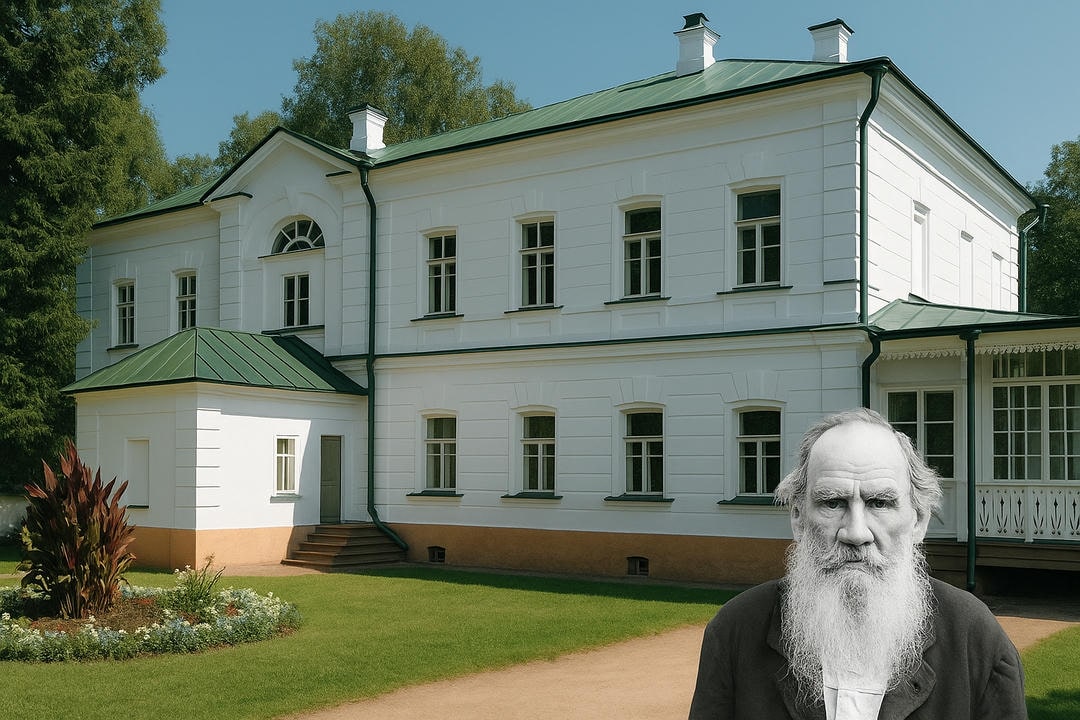May 9 stands as one of the most significant and heartfelt dates in Russian history—Victory Day, a time when the nation comes together to honor the triumph over Nazi Germany in the Great Patriotic War. Each year, Victory Day unites generations in remembrance of extraordinary courage, sacrifice, and resilience. It is a day to pay tribute to the millions who gave their lives and the countless families forever changed by the war. Victory Day serves as a powerful reminder of the price of peace and the enduring strength of national unity, ensuring that the memory of those who fought and endured will never be forgotten.
Introduction to Victory Day
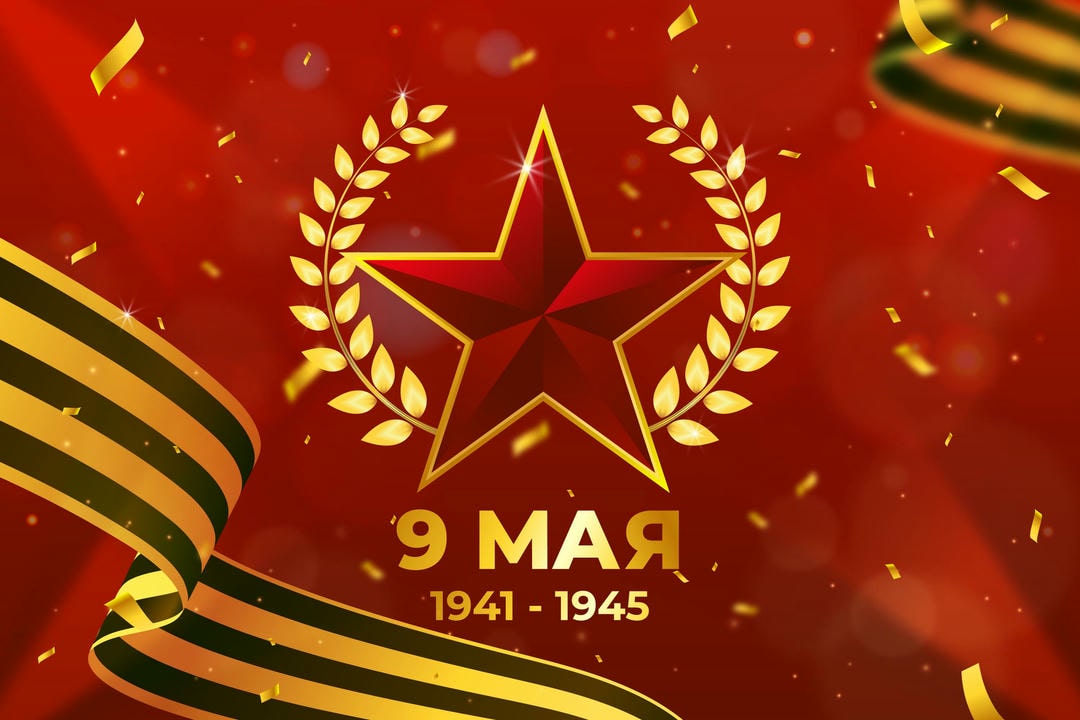
The 80th anniversary, celebrated May 9, 2025, was not only a milestone of national pride but also a moment to reflect on the enduring legacy of those who fought and endured. Across the country, from bustling cities to remote villages, commemorative events, educational initiatives, and cultural programs are planned, ensuring that the memory of the Great Victory remains a living, shared heritage. This year’s celebrations will bring together veterans, families, and young people, fostering a sense of unity and gratitude that transcends generations.
Victory Day is more than a date on the calendar—it is a symbol of the strength, honor, and unity of the Russian people, reminding all of the importance of preserving peace and remembering history’s lessons for the future. As Russia prepares to celebrate the 80th anniversary, the spirit of May 9 continues to inspire hope, resilience, and national pride.
Historical Background
Victory Day, celebrated on May 9, is deeply rooted in the monumental events of World War II, particularly on the Eastern Front where the Soviet Union faced immense challenges and made extraordinary sacrifices. The Soviet Union lost millions of lives during the war, with cities devastated and families forever changed. This collective struggle left an indelible mark on the national psyche, shaping Russia’s identity for generations.
The origins of Victory Day trace back to the signing of Germany’s unconditional surrender late on May 8, 1945—already the early hours of May 9 in Moscow. News of the victory swept through the country, prompting spontaneous celebrations in the streets as citizens rejoiced in the long-awaited peace. The day was officially declared a national holiday by the Soviet government, and its significance has only grown since.
Victory Day commemorates the triumph over fascism and stands as a powerful symbol of resilience and unity. It not only honors the sacrifices made during the war but also reinforces a sense of shared history and national pride. The 80th anniversary in 2025 offers an opportunity for deeper reflection on the enduring legacy of the Great Patriotic War and the values of courage and perseverance that continue to shape Russian society.
Traditional Celebrations
Victory Day in Russia is marked by powerful traditions that honor the memory of those who served and sacrificed during World War II. The centerpiece of the day is the grand military parade on Red Square, featuring veterans, active military personnel, and historical reenactments. These parades are a tribute to courage and resilience, highlighting national unity and the country’s military heritage.
Beyond the parade, the day is filled with cultural events: folk performances, art exhibitions, and communal gatherings that bring together people of all ages. Families visit memorials to lay flowers in remembrance of fallen relatives and share festive meals. These traditions reinforce the importance of historical memory and the bonds of community, ensuring that the significance of Victory Day is honored every year.
International Participation
Victory Day’s significance extends beyond Russia’s borders. The anniversary often includes participation from foreign delegations, symbolizing international solidarity and shared remembrance of the sacrifices made to achieve peace. These collaborative commemorations highlight the universal values of freedom and resilience, and foster dialogue and cooperation among nations facing contemporary challenges.
Legacy and Memory
The legacy of Victory Day is woven into the fabric of Russian cultural memory. It serves as a living reminder of both the tragedies and triumphs of World War II, ensuring that the sacrifices of the past are not forgotten. The observance of this day continues to shape national identity, inspire discussions about the complexities of war, and promote the values of peace and unity.
As Russia marks the 80th anniversary in 2025, Victory Day remains a vital occasion for reflection, remembrance, and the reaffirmation of the lessons learned from history. It stands as a testament to the enduring spirit of the Russian people and the importance of preserving historical memory for future generations.

